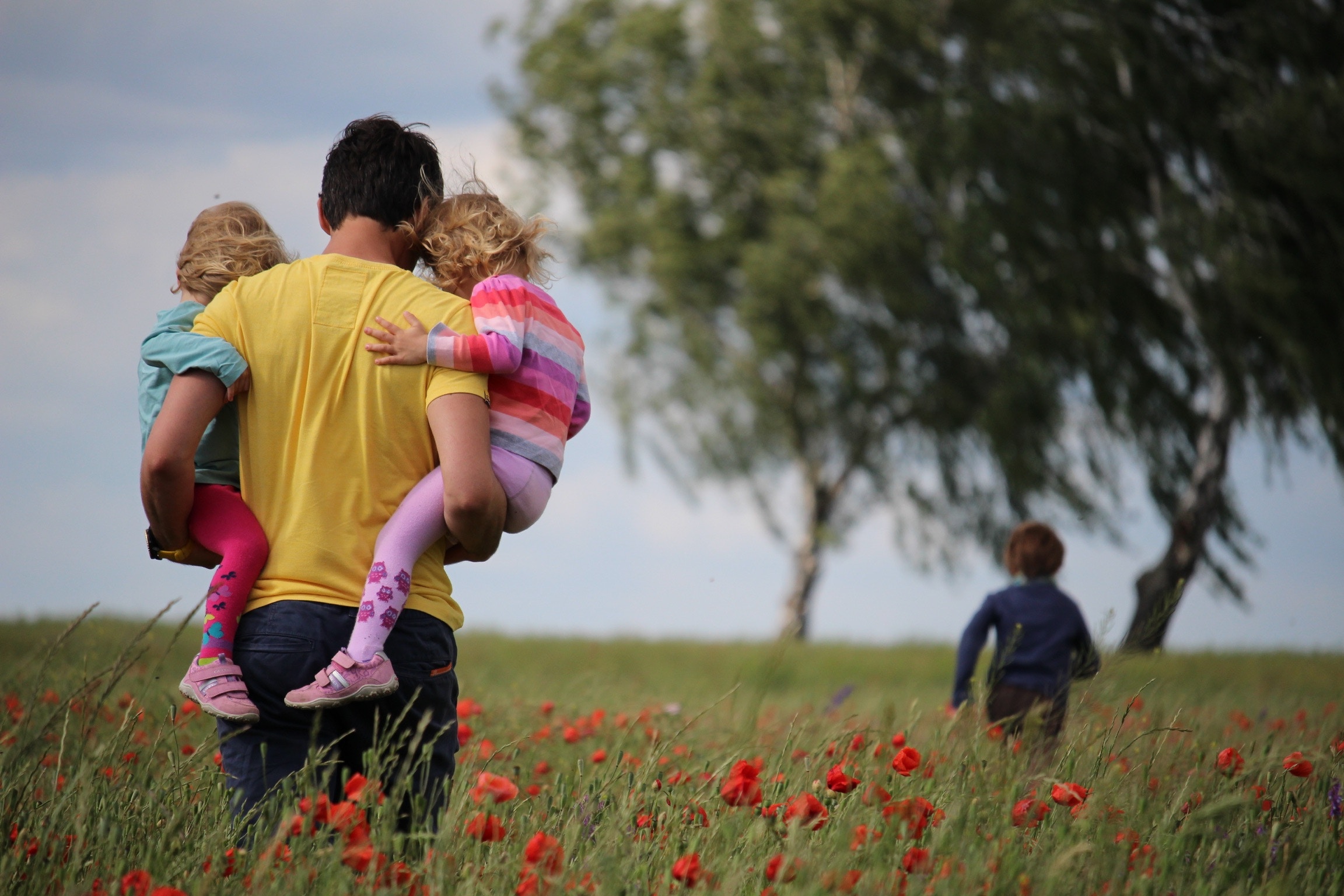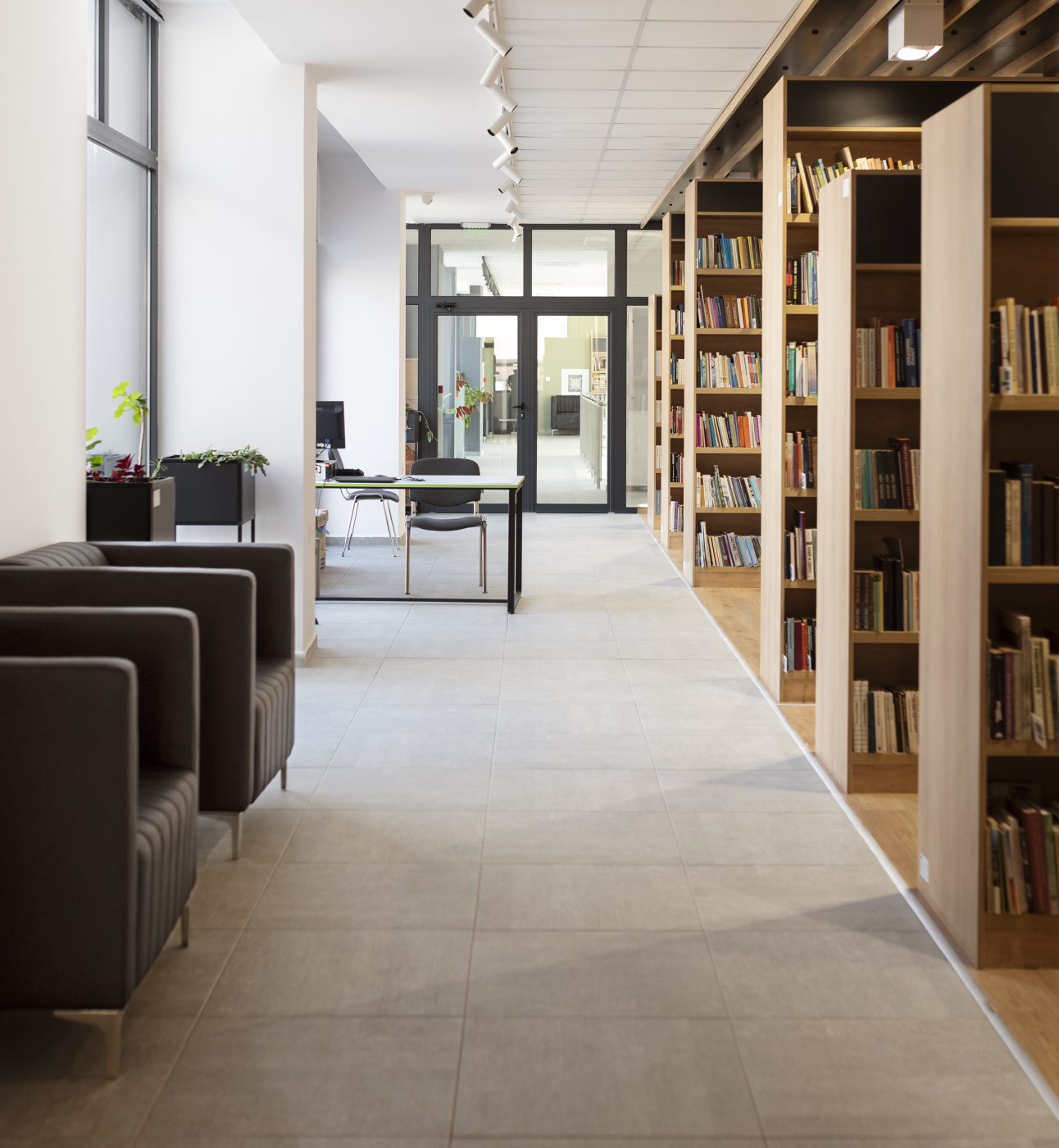47-year-old Faisal is a doctor, originally from the Middle East. He’d been working in the NHS for seven years when the pandemic hit. As his wife says, “Covid destroyed us.” A spell in intensive care, a deterioration in his health, and three further hospital admissions followed. The fallout has had a massive impact on the family. Here Faisal and his wife share their story, and describe how the RMBF is helping them rebuild.
“Our lifestyle in the Gulf was easier, but I’ve always felt at home in the UK,” Faisal tells us. “Here you find more meaning. I’ve worked in different countries, but the NHS is so special – I’ve never found a patient who wasn’t grateful. People really have faith in the NHS.”
Growing up, Faisal loved biology. “When it came to deciding to study medicine,” he says, “I didn’t need to think about it. I couldn’t imagine doing anything else.”
His wife Tania chips in. “He was born to be a doctor – he is passionate about it. He really cares about his patients.”
The couple have two young daughters. Tania describes family life before the pandemic: “We weren’t an indoors family. We’d go off to the bus station, pick a destination and just go and discover a new place. We loved walking.” Faisal would often take a walk after work to decompress following a busy shift.
When the pandemic started, the family went into a self-enforced early lockdown. Faisal had seen the critical situation at his hospital. He was concerned for his family, and also felt a responsibility to reduce the risk of spreading the virus. “Faisal would come home and no one could touch him,” says Tania. “He would put his scrubs straight in the washing machine and shower before we could even talk to him. We didn’t go out, see friends or socialise, even though others did, and lockdown was far off.”
Faisal was initially working in the green zone at the hospital, though he later worked from home, having to shield because of his asthma. Returning to the ward between lockdowns, he contracted Covid and became really unwell.
“I went to A&E early to get some nebuliser as I was struggling. They didn’t know me there, and asked me to wait in the queue. Triage was really busy, so I went outside to sit on a bench, as I couldn’t stand up in line.”
Tania picks up the story. “I went back to the hospital, just to check Faisal was OK. I found him on a bench outside and he was blue. He couldn’t breathe! I ran into the ward where he worked, and his colleagues rushed outside to help him.”
Faisal was put in an induced coma for four days. “It was my first ever hospital admission, I’d never had any operations or really been ill. Being in ITU was really traumatic – you feel like it’s not your body. At one point they tried to remove the tube but my lungs weren’t working. I could still hear the doctors, and I understood what they were saying about me. But I couldn’t do anything. I thought I was going to die.”
Faisal recovered enough to go home, but the Covid left him weak and fatigued, resulting in three more hospitalisations. On one occasion, suffering a sudden drop in blood pressure and oxygen levels, he collapsed and fell down the stairs, fracturing his ankle. Tania came home to find him slumped at the bottom of the stairs.
All the trauma had a profound impact on his eldest daughter, who is autistic. “The fear that he was going to die overwhelmed her. She went from being on stage playing violin solo in the county youth orchestra, to being unable to go to school or leave my side. She would collapse in the street.”
Family life turned upside down – gone were the days out. Faisal was left with chronic fatigue, struggling to get out of bed and having to use a wheelchair outside of the house. Tania was forced to leave a job she loved, working as an English tutor at her local school, to take care of her husband and daughter. With neither working, they were struggling.
“We were really desperate financially – we didn’t even know how to pay our electric bill. I made a call to Citizens Advice, and I just cried and cried down the phone. I couldn’t tell her we didn’t have money for bills, and food. Things I never thought would happen to us.
“When we initially heard about RMBF, we printed the forms but I didn’t touch them for a good two to three months. It wasn’t easy, the idea of asking for help and going to a charity. We have always been the ones to give. During Covid I was volunteering, going shopping for the elderly. Faisal has always given to charity For us to ask, well it was a very big thing.
“The RMBF really treated us with such dignity. They were very quick and efficient and the financial support has made a huge difference.”
Faisal and Tania received financial support to help them with essential day-to-day living costs, as well as practical, tailored advice on money, debt and benefits.
“I just want to thank everyone who has helped. We are getting better now, those were very difficult times. I am grateful Faisal is still here – we didn’t lose him when so many lost their loved ones.”



